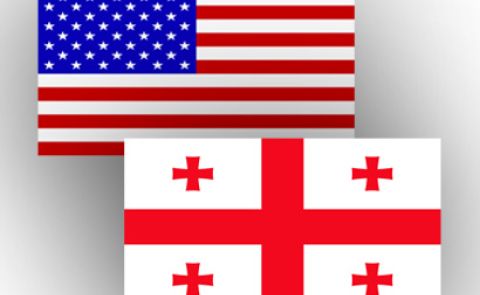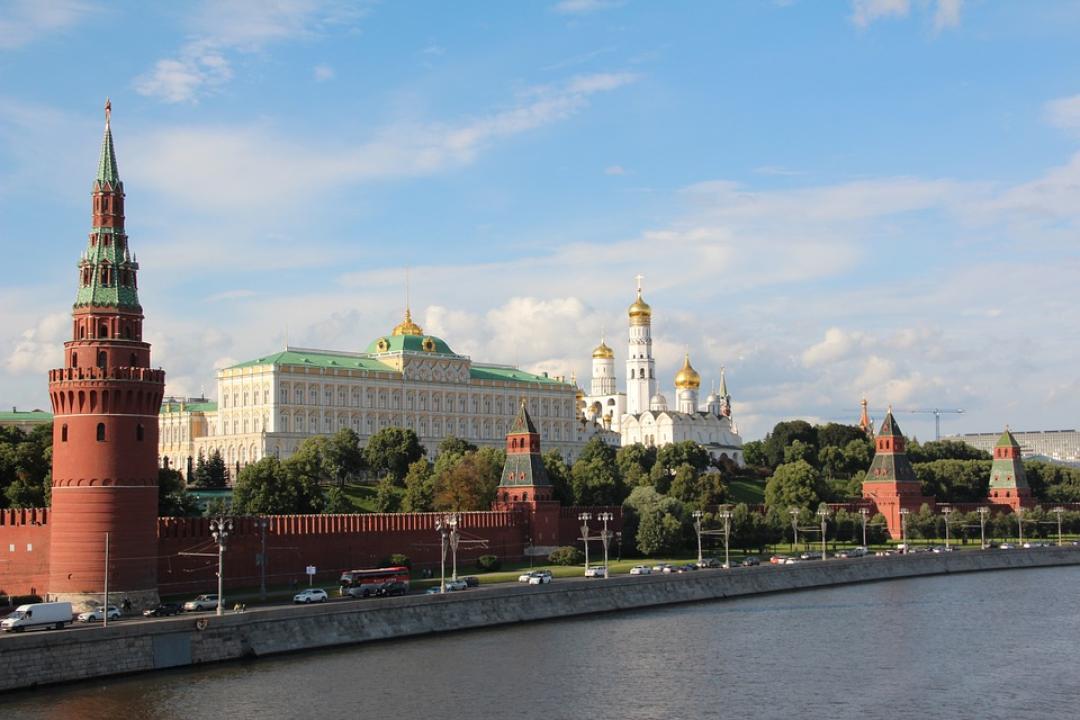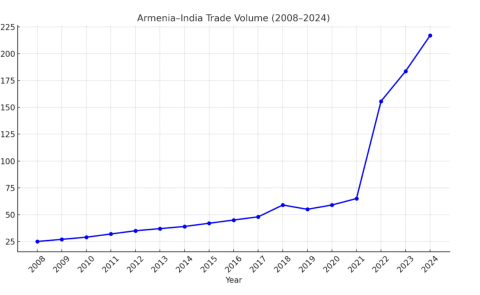
South Caucasus Power Shift: Russia's Strategic Reorientation Towards Azerbaijan and Georgia

Amid the persisting protest mood in Georgia and Armenia, Moscow is set to score a major victory in the geopolitical struggle with the West.
Russia’s posture in the South Caucasus is rapidly changing. Moscow has traditionally played a central role in the region, but given its ongoing preoccupation with the war in Ukraine and enmity with the EU and U.S., the Kremlin's ability to uphold its primacy has been questioned. This is evident in the way Armenia and, to a certain extent, Azerbaijan have acted in many cases, diversifying their relations away from close ties with Russia.
Indeed, Moscow has shifted its preferences and now favors Azerbaijan more as a critical state with which it can build a longer-term partnership in regional security, Eurasian connectivity, etc. Greater emphasis on Azerbaijan, however, means Moscow now relies less on Armenia, with which it has entered into a tense period of bilateral relations.
Yerevan is angry at the CSTO and Moscow's general lack of support and has signaled on numerous occasions that it could reconsider the basis of security and military relations with Russia. Coupled with the persisting protests in Armenia caused by the handing over of the territories to Azerbaijan, Moscow expects the central government in Yerevan to be weakened so that the country's dependence on Russia remains in place.
And then there is Georgia, which, while pro-Western in its geopolitical outlook, is increasingly questioning its fixation on the EU and NATO membership and seeks its own version of multi-vector foreign policy.
Russia is closely watching the developments in Georgia and is hoping that the country will increasingly turn into a neutral or altogether pro-Russian state. The countries have not had diplomatic ties since the Russian invasion of 2008 and the effective occupation of 20 percent of Georgian territory. However, over the past several years, since Russia began the full-scale invasion of Ukraine, Moscow and Tbilisi have enjoyed relatively stable relations. Georgia abstained from overt anti-Russian rhetoric, bilateral trade increased, direct flights commenced, and Moscow abolished the visa regime for Georgian nationals.
Most of all, Russia has taken note of Tbilisi's increasingly hostile rhetoric against the EU and the U.S. For instance, Moscow has overall praised Tbilisi and saw the law on NGOs as an effort to limit foreign influence in the country.
For Russian officials, Georgia is becoming a more sovereign country that is willing to chart its own foreign policy. It also fits into the Russian vision of the South Caucasus being less influenced by non-regional powers (i.e., the West). Moscow expects that the law on transparency that Georgia introduced will drive a greater wedge between Tbilisi and Brussels and the collective West in general – the rift that could push Georgia and Russia to seek a certain opening in the troubled relations.
Russia holds the cards through its military influence in Abkhazia and South Ossetia and could indeed leverage this tool by making some concessions such as a less tense security situation along the demarcation line, re-establishment of economic links between the separatist regions and the rest of Georgia. Indeed, general fear in South Ossetia and, to a certain extent, in Abkhazia is that amid a careful rapprochement between Russia and Georgia, the two regions could turn into exchange coins in a larger geopolitical game.
From the Georgian perspective, however, the law on NGOs and the general tensions with the West fit into what Tbilisi has been pursuing since the war in Ukraine began – multi-vector foreign policy. It is unlikely that Tbilisi will bluntly turn away from the West to Russia, nor is it expected to see the West conceding the region to other powers. The law on NGOs simply highlights the limits of the Western influence in the region where a multiplicity of geopolitical actors creates an opportunity for smaller countries such as Georgia to pursue their own game, however risky that might ultimately be.
An additional aspect that opens the way for potential rapprochement between Tbilisi and Moscow is that there are no significant risks of Moscow pushing forward with its potential military moves in Georgia. Russia still remains bogged down in Ukraine and has little appetite for another major military operation elsewhere. It seems that Moscow is very comfortable with the current course the Georgian Dream has and the political situation in the country generally.
From the Russian perspective, Georgia is in managed political chaos. Its relations with the West are being damaged, and there is a real possibility of the U.S. and the EU reconsidering ties with Tbilisi. Moscow now sees a real chance of Georgia gradually turning to Russia. In the long run, a re-alignment between Moscow and Tbilisi could occur.
Thus, in this shifting balance of power in the South Caucasus, all countries of the region are experiencing structural changes in their foreign policies. Some developments, such as in Georgia or Azerbaijan, favor Moscow, while others, such as in Armenia, are less beneficial to the Kremlin. Yet in all these processes, Russia is seen as a key player, and it is unlikely that Moscow's influence will diminish to a level where it cannot remain at least a major actor along with other powers.
Emil Avdaliani is a professor of international relations at European University in Tbilisi, Georgia, and a scholar of silk roads.
See Also


Armenia and India: Building New Bridges in Trade and Strategy

Between Tehran and Tel Aviv: Azerbaijan’s Neutrality Dilemma Amid Rising U.S.-Israel Tensions with Iran

From Neorealism to Neoliberalism: Armenia’s Strategic Pivot in Foreign Policy After the Nagorno-Karabakh Conflict

Georgia and Russia: New Turn in Bilateral Relations

